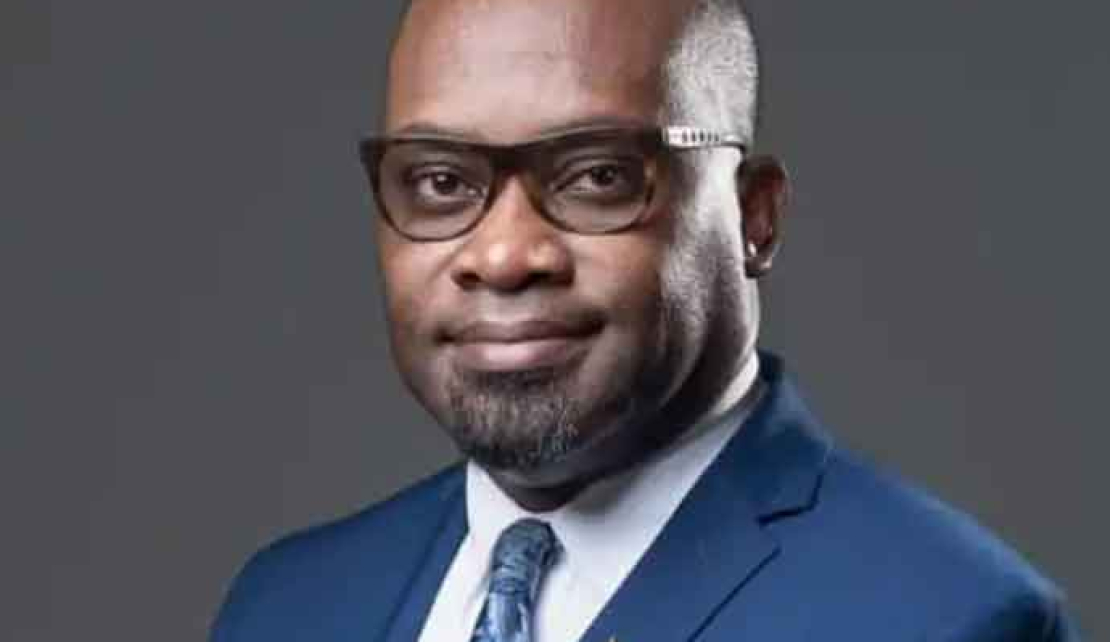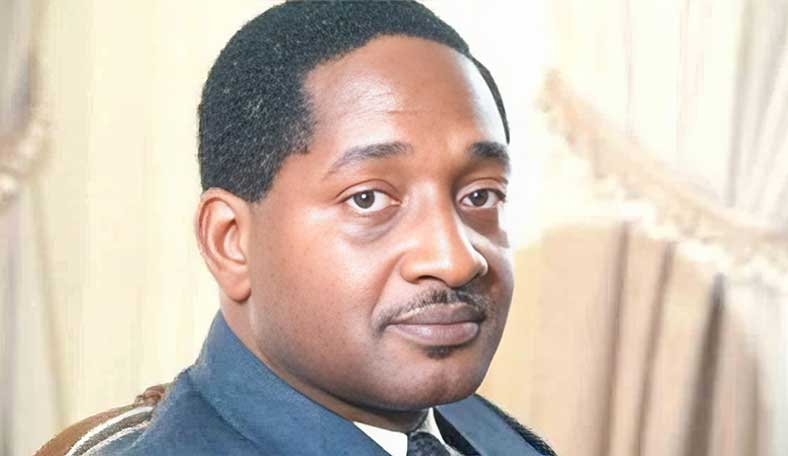GUYANA | Burnham's Legacy: A Vision of Unity Revisited says Roysdale Forde

GEORGETOWN, Guyana, August 6, 2024 - On the 39th anniversary of Linden Forbes Sampson Burnham's passing, Shadow Attorney General and Minister of Legal Affairs Roysdale Forde S.C. paints a vivid portrait of a leader whose dreams for Guyana continue to echo through the corridors of time.
Forde, with the reverence of a historian and the passion of a patriot, declares, "Linden Forbes Sampson Burnham had a vision of building a nation of equality, a vision still relevant and worthy." These words serve as a clarion call, reminding Guyanese of the torch Burnham lit decades ago—a torch that still flickers in the nation's collective consciousness.
In Forde's narrative, Burnham emerges as an architect of freedom, not content with merely breaking the chains of colonialism. Instead, he sought to construct a fortress of social and economic liberation, using the mortar of national unity and the bricks of Guyana's natural bounty. "He was committed to national unity and the use of the nation's natural resources mainly for the people's benefit," Forde explains, painting Burnham as a Robin Hood figure in the realm of resource management.

"The Coat of Arms, which incorporated all the regions, the acknowledgment of our First People; the national motto, One People One Nation One Destiny that epitomises the aspiration of the Guyanese people; the name of the national flag, among others, are part of his vision in building a nation that acknowledges and appreciates its diversity and the importance of all," Forde elaborates, his words a testament to Burnham's inclusive vision.
But Burnham's path was not strewn with roses. In his quest for economic sovereignty, he dared to challenge the Goliaths of multinational corporations, a move that Forde describes as "disentangling" Guyana from external control. This David-versus-Goliath struggle, while noble, cast long shadows over Guyana's international relations—a reminder that the road to nation-building is often paved with difficult choices.
Forde doesn't shy away from acknowledging the controversies that dotted Burnham's reign. Instead, he frames them as growing pains of a fledgling nation, asserting that despite the challenges, Burnham bequeathed to Guyana a robust legal framework and an indomitable sense of national pride.
In Forde's retelling, Burnham emerges as a champion of religious diversity, dismantling the colonial hierarchy that placed Christianity at its apex. By decriminalizing African religious practices and elevating Hindu and Muslim observances to national celebrations, Burnham, in Forde's view, cultivated a garden of religious tolerance where once stood a monoculture of faith.
The shadow attorney general also casts Burnham as a visionary on the international stage, a Caribbean unifier who understood that in the tempestuous seas of global politics, small island nations could only weather the storms by banding together. This vision of Caribbean unity, Forde argues, remains as relevant in the age of oil and gas as it was in Burnham's time.
As the sun sets on another anniversary of Burnham's passing, Forde's commemoration serves as both a eulogy and a rallying cry. He portrays Burnham not just as a figure of the past, but as a lodestar for Guyana's future, challenging current and future generations to pick up the mantle of nation-building.
"Ours is still a nation to build and we must not shirk from our responsibilities," Forde declares, his words a reminder that while Burnham may have laid the foundation, it is up to today's Guyanese to continue constructing the edifice of their nation's dreams.
